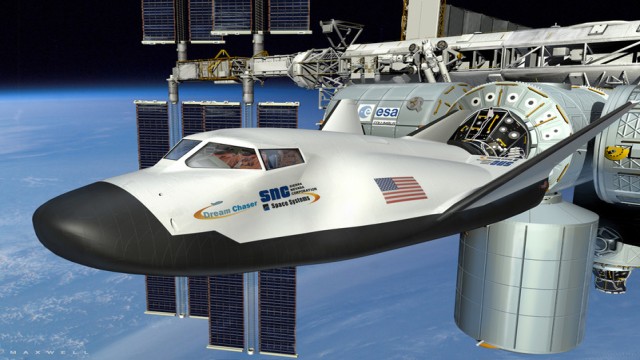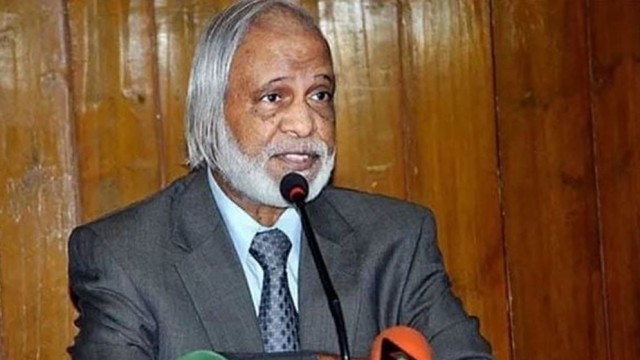Washington, July 25 (V7N) - NASA’s space shuttle was once the stuff of science fiction – a spacecraft capable of launching vertically like a rocket and returning to Earth like a conventional aircraft. Over time, it became a reality that revolutionized humanity's approach to space exploration.
In a new documentary series, renowned space scientist Dr. Maggie Aderin-Pocock revisits the groundbreaking shuttle program, chronicling its remarkable achievements and the painful losses that marked its journey. Through rare interviews with engineers, astronauts, and mission control staff, the series reveals the inside story of one of the most ambitious and complex engineering projects in history.
Launched in 1981 with the maiden flight of Columbia, NASA’s shuttle program symbolized a new era in space travel. Unlike earlier spacecraft designed for single use, the shuttle was envisioned as reusable – capable of transporting satellites, laboratories, and astronauts into low Earth orbit repeatedly. This innovation promised to make access to space more routine and affordable.
Over the span of 30 years, NASA launched 135 shuttle missions using a fleet that included Challenger, Discovery, Atlantis, Endeavour, and Columbia. The shuttle played a pivotal role in constructing the International Space Station (ISS), deploying the Hubble Space Telescope, and advancing scientific research in microgravity.
However, the program was not without tragedy. In 1986, the Challenger disaster claimed the lives of seven astronauts just 73 seconds after liftoff. In 2003, Columbia disintegrated upon re-entry, again killing all seven crew members. These incidents forced NASA to reevaluate its safety protocols and the future of crewed spaceflight.
Dr. Aderin-Pocock’s series emphasizes the emotional and technical complexities of the shuttle era. The narrative is deeply personal, as former NASA personnel share stories of triumph, loss, innovation, and resilience.
Though the shuttle program ended in 2011, its legacy endures. It laid the groundwork for modern-day partnerships with private aerospace companies like SpaceX and Blue Origin, and for future missions to the Moon and Mars under NASA’s Artemis program.
In reflecting on the shuttle’s impact, Dr. Aderin-Pocock notes, “The shuttle changed the way we think about space. It brought it closer, made it more human. It wasn’t just a machine – it carried our hopes.”
The series serves as both a tribute to an engineering marvel and a reminder of the risks involved in pushing the boundaries of exploration.
END/WD/END/































Comment: